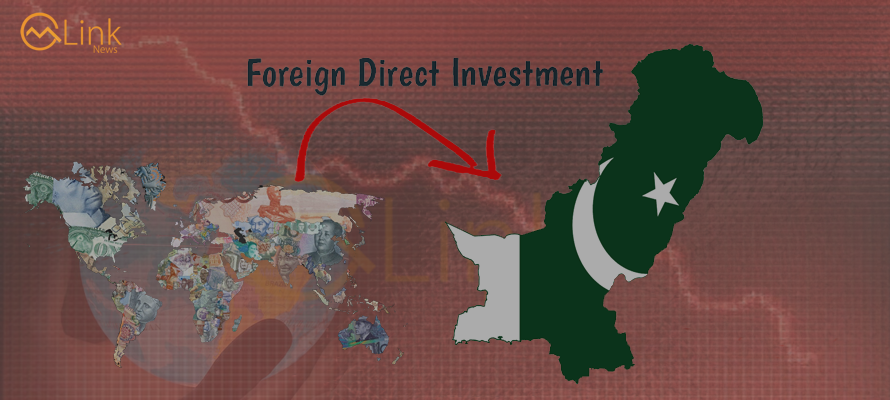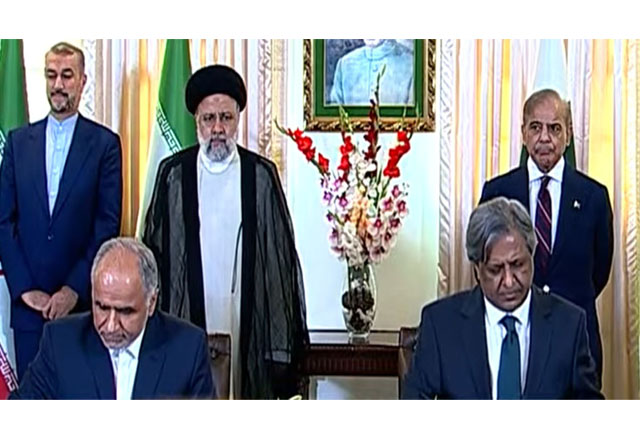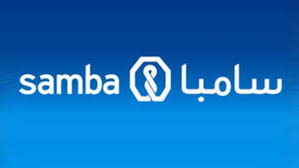March 06, 2024 (MLN): Islamic banks in many countries continue to face a limited range of Islamic liquidity management instruments (ILMI) compared with conventional banks despite recent initiatives in a number of markets, Fitch Rating says.
ILMI can provide Islamic banks with more funding options and can help them invest their excess liquidity. Gaps in ILMI are more prominent in countries where Islamic banking is still developing and niche.
Sharia-compliant liquidity facilities from central banks can provide Islamic banks an additional source of short-term funding.
In February 2024, Central Bank of Jordan introduced new short-term liquidity facilities to Islamic banks.
In Bangladesh, the central bank introduced new Islamic liquidity facilities after Islamic banks faced sizable customer deposit outflows in 2022-2023 amid reports of financing irregularities.
Central bank Islamic liquidity facilities are also offered in most of the GCC countries, Malaysia, Turkiye, Indonesia, Pakistan, and Tunisia.
However, these facilities, which could help avert a liquidity crunch, are not present in Oman, Morocco and Kazakhstan.
Islamic interbank markets are much shallower than conventional markets, more so in countries with few Islamic banks.
Fitch noticed cases, including in the UAE, where Islamic banks are unable to place funding with conventional banks unless the latter use it for their Sharia-compliant business and the contract is Sharia-compliant.
In markets like Oman, regulations prevent Islamic banks and Islamic windows from placing funds with conventional banks. This limits counterparty choice.
Government sukuk can grant Islamic banks more options to invest their excess liquidity in high-quality liquid assets (HQLA).
These can also serve as collateral for Islamic repos. In 2023 and 2022, the UAE federal government and the Qatar Central Bank started issuing local-currency Treasury sukuk for the first time.
Government sukuk are also available in Saudi Arabia, Malaysia, Bahrain, Indonesia, Türkiye, Bangladesh, Pakistan, Oman, and Nigeria.
However, regulatory hurdles are causing unavailability in some markets. In Kuwait, the lack of a public debt law prevents the government from issuing sukuk or bonds. In some markets, government sukuk are issued in lower volumes than bonds.
While government sukuk could qualify as HQLA, its liquidity features are constrained by the buy-and-hold nature of Islamic investors stemming from limited sukuk supply in both the primary and secondary markets.
In contrast, sukuk liquidity is generally good when issuers or investors seek to sell it. Sukuk that are not AAOIFI-compliant could be less liquid as UAE Islamic banks are constrained from investing in them.
If the “tangibility event” in sukuk is triggered, the sukuk would be delisted from the relevant exchange, affecting its liquidity.
While sukuk are generally issued with medium-to-long tenors, we do not see enough short-term government sukuk in both local and hard currencies.
Short-term government sukuk are not present in the UAE, Saudi Arabia, Kuwait, Oman, Jordan, Nigeria, and Egypt.
However, these are issued in Malaysia, Türkiye, Indonesia, Bahrain, Bangladesh, Brunei, Gambia, and by the supranational, the International Islamic Liquidity Management Corporation.
Islamic banks’ usage of Islamic repos and its harmonization is generally low due to lack of standardization and differences of opinions in terms of sharia-compliance.
In Malaysia, which has one of the most advanced Islamic finance ecosystems, the Islamic repo market is far less developed than the conventional repo market with only around 1% of the total Islamic money market volume.
In the GCC and a number of other markets, Fitch expects Islamic banks to maintain solid liquidity in 2024-2025.
As part of Fitch’s assessment of an Islamic bank’s Viability Rating, weak access to liquidity due to shallow markets or regulatory policies is likely to have a negative impact on Fitch’s assessment of a bank’s funding and liquidity.
Copyright Mettis Link News
Posted on: 2024-03-06T10:44:42+05:00







